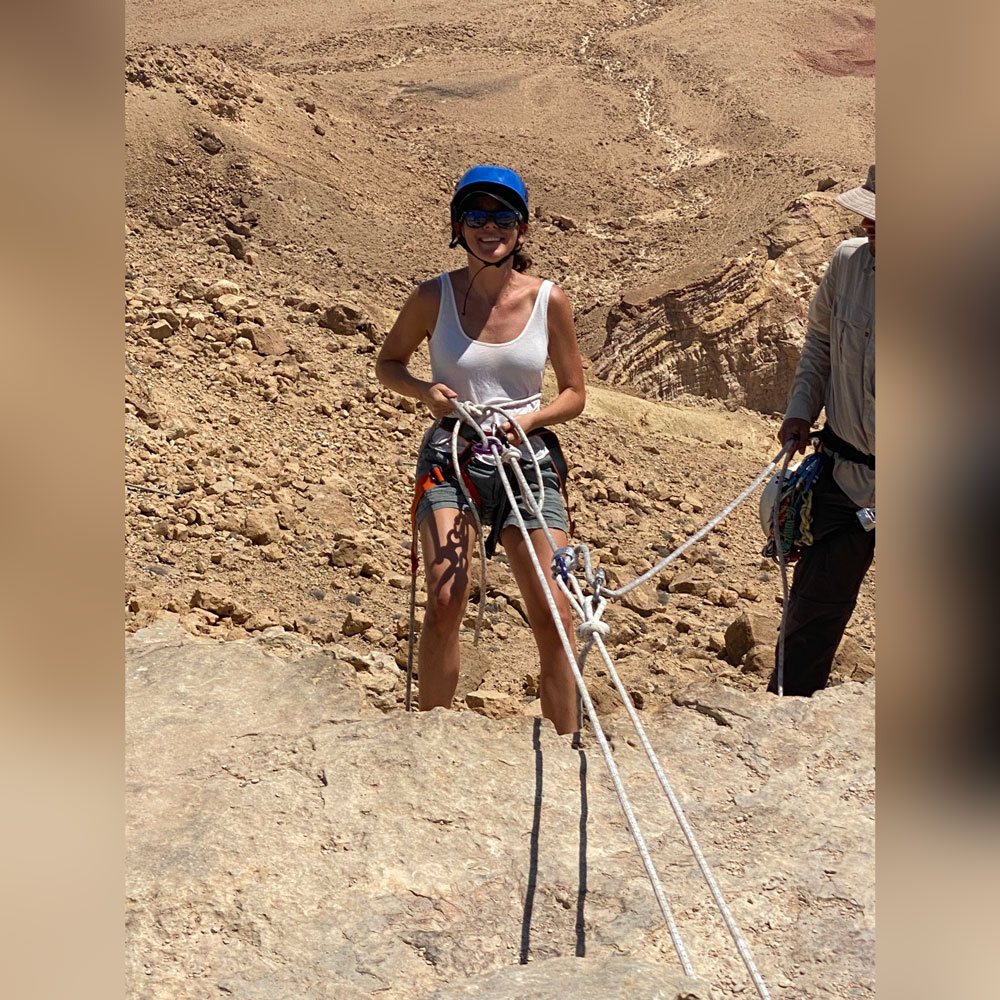
Multi-day hiking trips provide an excellent opportunity to connect with nature, take in breathtaking views, and challenge yourself physically. However, they also require significant preparation to ensure you can handle the physical demands and the mental challenges of hiking over several days. Whether you’re a seasoned hiker or a beginner, this guide will provide you with the essential training tips needed to hike strong and succeed in your multi-day hiking trip.
Understanding Multi-Day Hiking Challenges
Multi-day hiking involves trekking for multiple days, often carrying a heavy backpack filled with your gear, food, and shelter. Unlike single-day hikes, multi-day hikes require endurance, strength, and the ability to handle varying terrain, weather conditions, and fatigue. Proper training is essential to develop the stamina and mental toughness necessary for a successful journey.
Training for Cardiovascular Endurance
Cardiovascular fitness is essential when preparing for a multi-day hike. Your heart and lungs will need to work efficiently for several hours each day. Building endurance through aerobic exercises will help your body sustain energy throughout the hike.
Incorporate Aerobic Exercise into Your Routine
To improve cardiovascular endurance, incorporate activities such as running, cycling, or swimming into your weekly workout routine. Aim for 30 to 45 minutes of moderate-intensity cardio at least 3–4 times a week. Over time, gradually increase the intensity and duration of your cardio sessions.
Walking or hiking on varied terrain with a loaded backpack is an excellent way to mimic the conditions of your hike. This type of training will prepare your cardiovascular system for the strain of hiking over extended periods.
Simulate Hiking Conditions
Hiking with a loaded backpack is a key aspect of a multi-day trip, and you’ll want to prepare your body for the added weight. Start by carrying a light pack and gradually increase the load to simulate the weight you’ll have during your hike. Aim to hike for several hours with your loaded pack, especially on trails with varied terrain. This will help build endurance and ensure that your body is ready for the physical demands of your adventure.
Strengthening Your Legs and Core
Multi-day hiking involves significant use of your legs and core muscles. Strengthening these areas will help you handle the physical strain of long days on the trail.
Focus on Lower Body Strength
Your legs are your primary source of power during a hike, so it’s essential to focus on strengthening them. Incorporate exercises like squats, lunges, calf raises, and step-ups into your training routine. These exercises target your quads, hamstrings, calves, and glutes—muscles that are essential for hiking uphill, downhill, and over rough terrain.
Training on hills or using a stair climber can also simulate the inclines you’ll encounter on a multi-day hike. The more specific you can make your training, the better prepared your body will be for the challenges on the trail.
Build Core Stability
A strong core supports your posture, balance, and stability, especially when hiking and carrying a heavy pack. Core exercises, such as planks, Russian twists, and leg raises, will help improve your core strength. A solid core will reduce the strain on your lower back, improve your posture, and prevent fatigue during long days of hiking.
Additionally, strengthening your core will help you maintain your balance and handle uneven terrain more efficiently.
Flexibility and Mobility
Flexibility and mobility are crucial for minimizing the risk of injury and ensuring your body can withstand the strain of a multi-day hike. Incorporating stretching and mobility exercises into your training will help improve your range of motion and prepare your muscles for long days on the trail.
Stretch Regularly
Incorporate dynamic stretching into your warm-up routine and static stretching during your cool-down. Focus on stretching your hamstrings, quads, calves, hips, and lower back, as these areas are most affected during hiking. Regular stretching improves circulation, reduces muscle tension, and enhances flexibility.
Include Yoga or Pilates
Yoga and Pilates are great for improving flexibility, balance, and core strength. These practices also aid in mindfulness and breathing techniques, which can be beneficial for maintaining calmness and focus on the trail. Consider incorporating yoga sessions into your training routine to improve your flexibility and mental focus.
Mental Toughness for Multi-Day Hiking
While physical training is necessary, mental toughness plays a critical role in completing a multi-day hike. The ability to stay focused, motivated, and resilient is crucial for overcoming obstacles such as fatigue, weather changes, or challenging terrain.
Practice Positive Thinking
A positive mindset can make a significant difference when facing the challenges of multi-day hiking. Instead of focusing on the entire hike, break it down into smaller, more manageable segments. Focus on reaching the next landmark, taking a break, or completing a specific time goal. This will help prevent overwhelming thoughts and keep you motivated.
Develop Patience and Resilience
Long hikes can be mentally and physically exhausting. It’s essential to cultivate patience and resilience by challenging yourself during training. Take longer hikes, add weight to your pack, or hike in challenging weather conditions to build mental toughness. The more you practice dealing with discomfort, the better you will be able to handle it on your multi-day hike.
Stay Mindful and Focused
Mindfulness techniques can help you stay calm and focused during your hike. Practice focusing on your breath, your surroundings, or your footsteps to remain in the moment. This will help you avoid negative thoughts and maintain your energy levels, even when you feel tired.
Training for a multi-day hiking trip involves more than just physical preparation. It requires building cardiovascular endurance, leg and core strength, flexibility, and mental toughness. With the right gear and a positive mindset, you can confidently tackle the challenges of multi-day hiking and enjoy everything nature has to offer. By following these training tips and preparing appropriately, you’ll be well-equipped to hike with strength and make the most of your adventure.